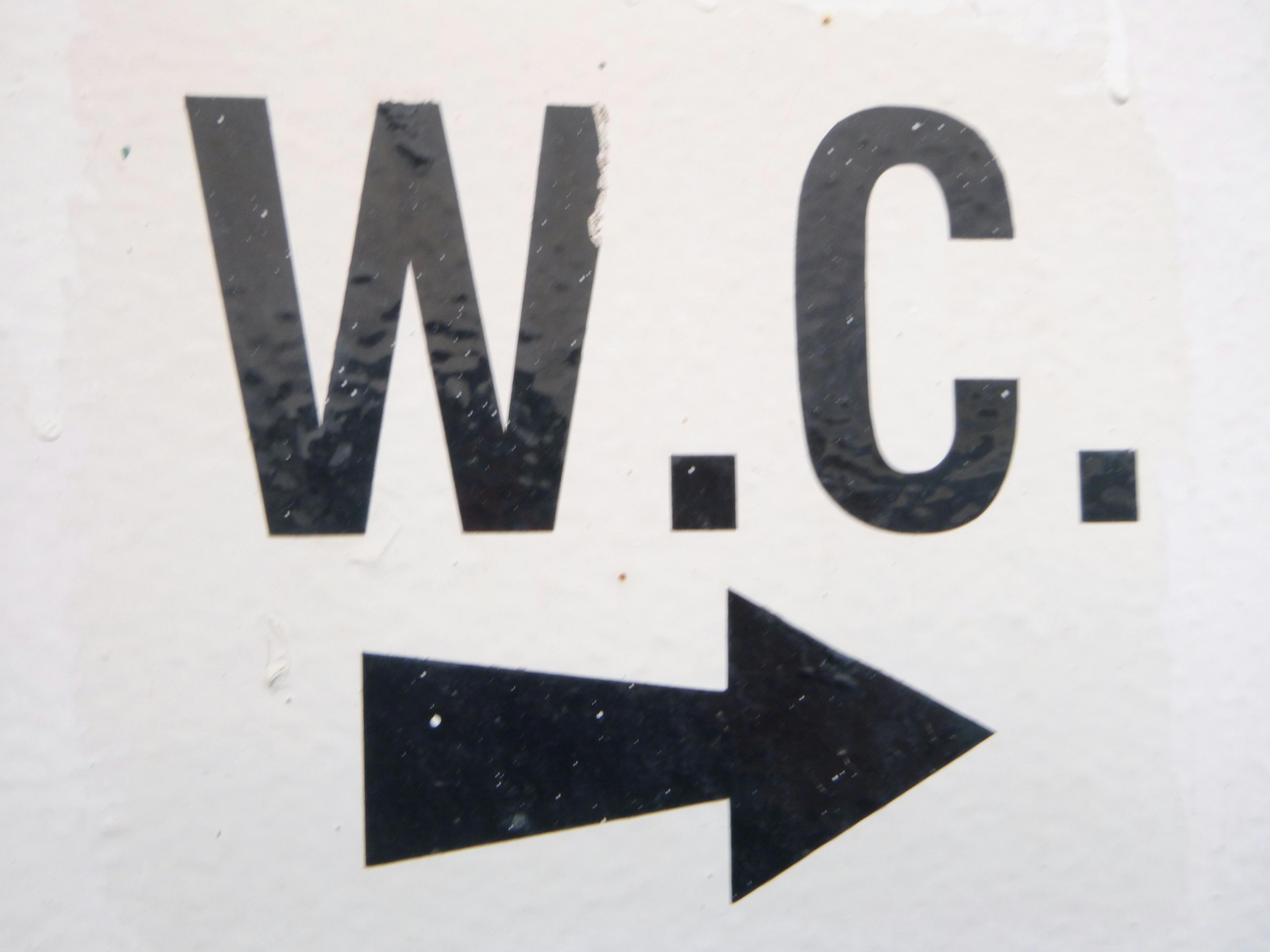
Decentralized Autonomous Organizations Explained: The Future of Blockchain Governance
Decentralized Autonomous Organizations Explained: The Future of Blockchain Governance
Understanding the Fundamentals of DAOs
Decentralized Autonomous Organizations (DAOs) represent a revolutionary paradigm in organizational structure, leveraging blockchain technology to create transparent, democratic, and self-executing governance models. Unlike traditional corporate structures, DAOs operate through smart contracts, enabling decentralized decision-making processes without centralized authority.
Technological Architecture
The technological foundation of DAOs relies on blockchain networks, predominantly Ethereum, which provide the infrastructure for creating immutable, transparent organizational frameworks. Smart contracts serve as the core mechanism for encoding governance rules, treasury management, and voting mechanisms. These self-executing contracts eliminate intermediaries and ensure that organizational decisions are implemented automatically based on predefined algorithmic logic.
Global Legal Landscape for DAOs
The legal status of DAOs varies significantly across international jurisdictions. Regulatory frameworks are still evolving, with different approaches observed in key blockchain-friendly jurisdictions:
Jurisdictional Perspectives
-
United States: The Securities and Exchange Commission (SEC) maintains a cautious approach, often classifying DAOs as potential securities offerings.
-
Cayman Islands: Recognized for progressive blockchain legislation, offering favorable regulatory environments for decentralized entities.
-
Switzerland: The Swiss Blockchain Act provides clear guidelines for blockchain-based organizations, offering robust legal recognition for innovative governance models.
Top DAOs in 2024
| DAO Name | Primary Focus | Total Value Locked | Governance Model |
|---|---|---|---|
| MakerDAO | Decentralized Finance | $8.2B | Token-based Voting |
| Uniswap | Decentralized Exchange | $4.5B | Governance Tokens |
| Compound | Lending Protocols | $2.7B | Proposal-based Governance |
Technological Challenges and Innovations
DAOs face significant technological challenges, including scalability, security vulnerabilities, and complex governance mechanisms. Recent innovations focus on enhancing voting mechanisms, implementing multi-signature wallet technologies, and developing more sophisticated smart contract architectures.
Security Considerations
Smart contract audits, sophisticated governance protocols, and advanced cryptographic techniques are critical in mitigating potential security risks inherent in decentralized systems.
Market Trends and Future Implications
The DAO ecosystem is experiencing exponential growth, with projected market expansion indicating increasing institutional and retail interest. Emerging trends suggest integration with real-world assets, enhanced regulatory compliance mechanisms, and more nuanced governance models.
Economic Impact
Analysts predict that DAOs could potentially disrupt traditional organizational structures across multiple sectors, including finance, technology, and collaborative research initiatives.
RWA.codes: Navigating the DAO Ecosystem
At RWA.codes, we specialize in providing comprehensive solutions for organizations exploring decentralized governance models. Our expertise spans technological development, legal compliance, and strategic consulting for blockchain-based organizational frameworks.
Our Services
- Blockchain architecture design
- Smart contract development
- Governance model consulting
- Regulatory compliance assessment
Disclaimer: The information provided represents current technological and legal understanding and should not be considered definitive legal or financial advice.